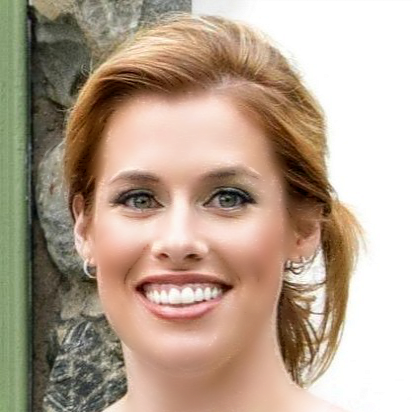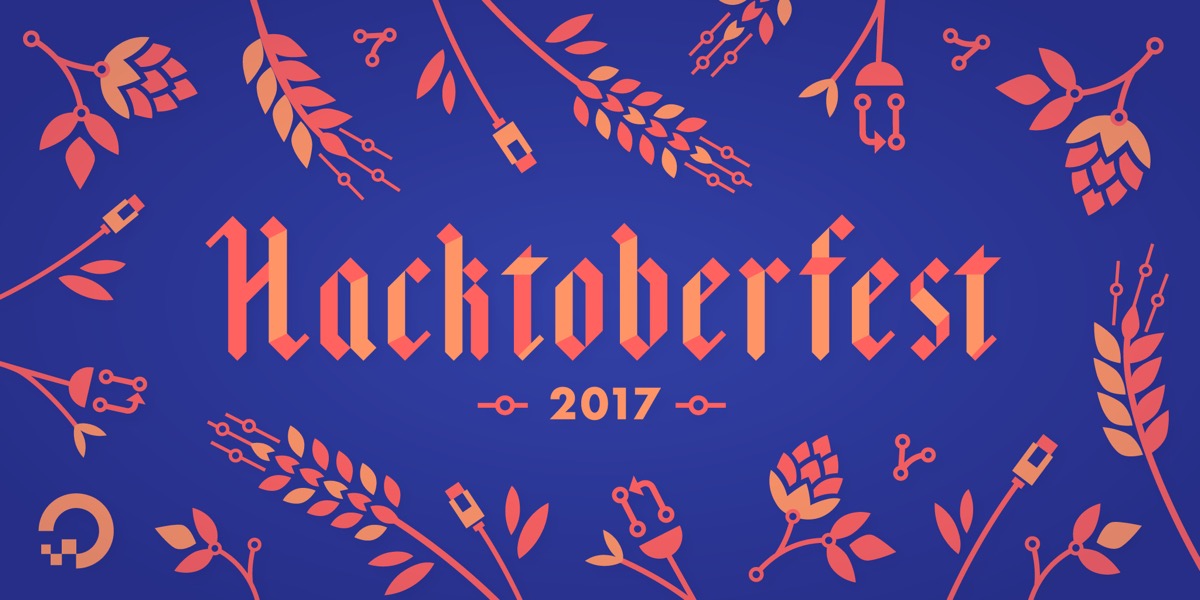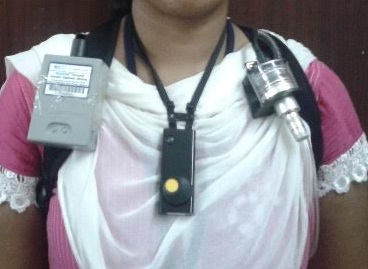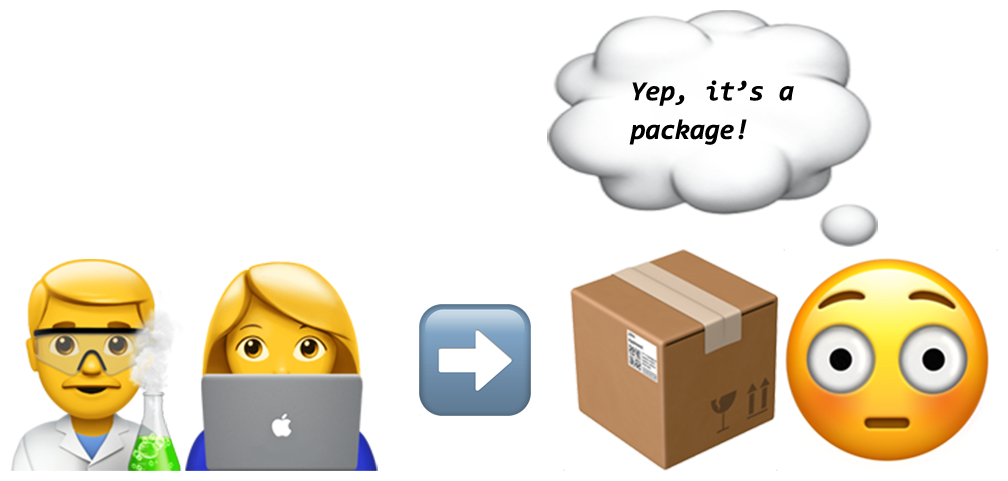
KO: What is your name, job title, and how long have you been using R? [Note: This interview took place in May 2017. Mara joined RStudio as their tidyverse developer advocate in November 2017.] MA: My name is Mara Averick, I do consulting, data science, I just say “data nerd at large” because I’ve seen those Venn diagrams and I’m definitely not a data scientist. I used R in high school for fantasy basketball.






